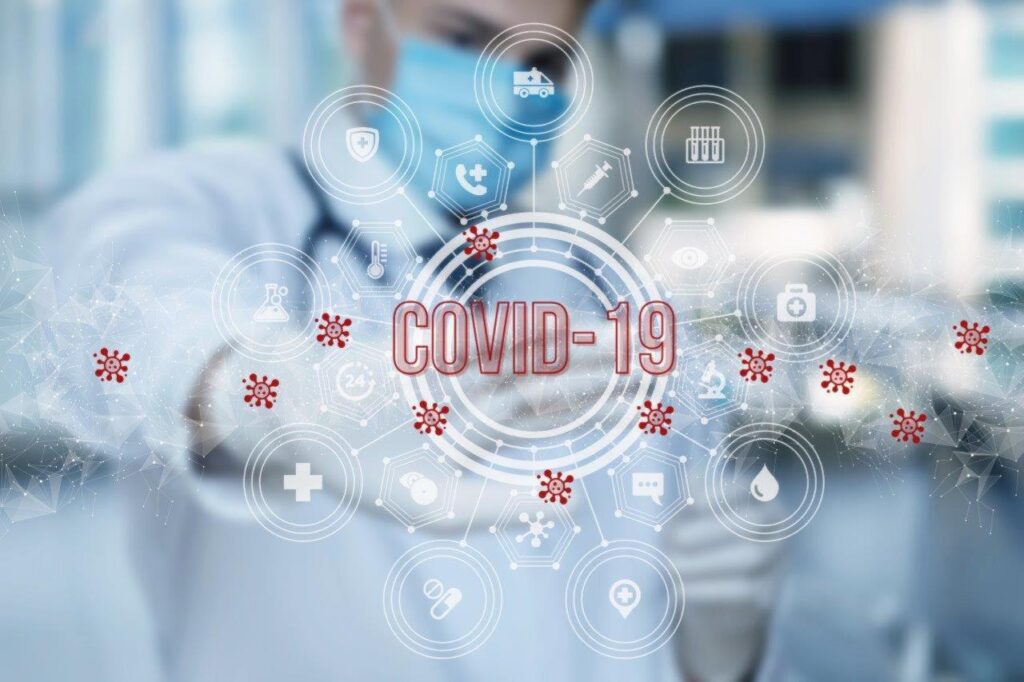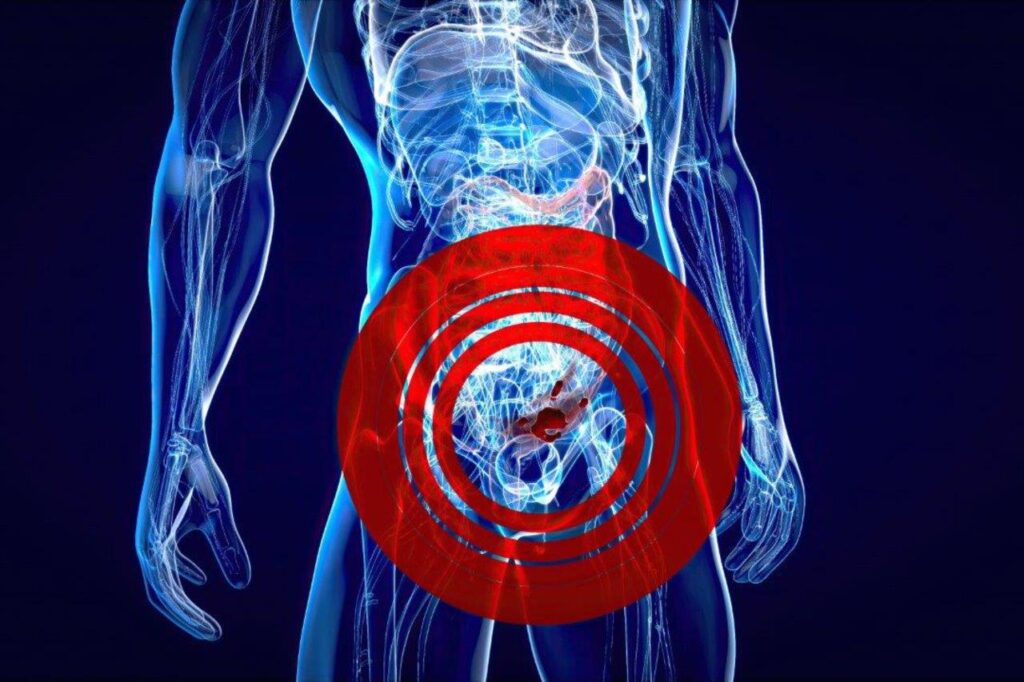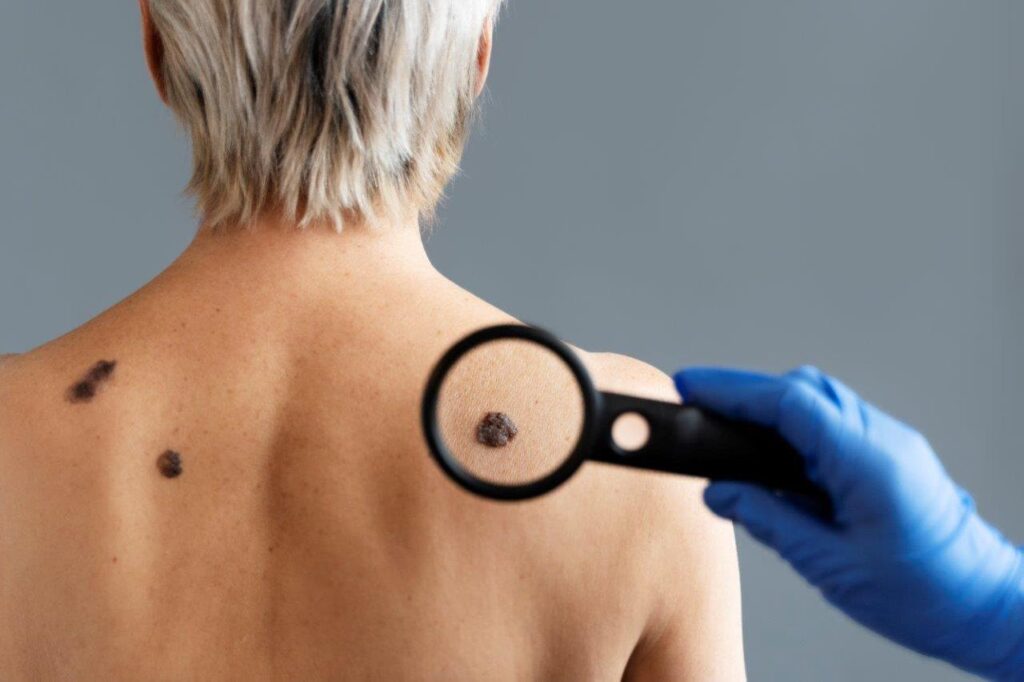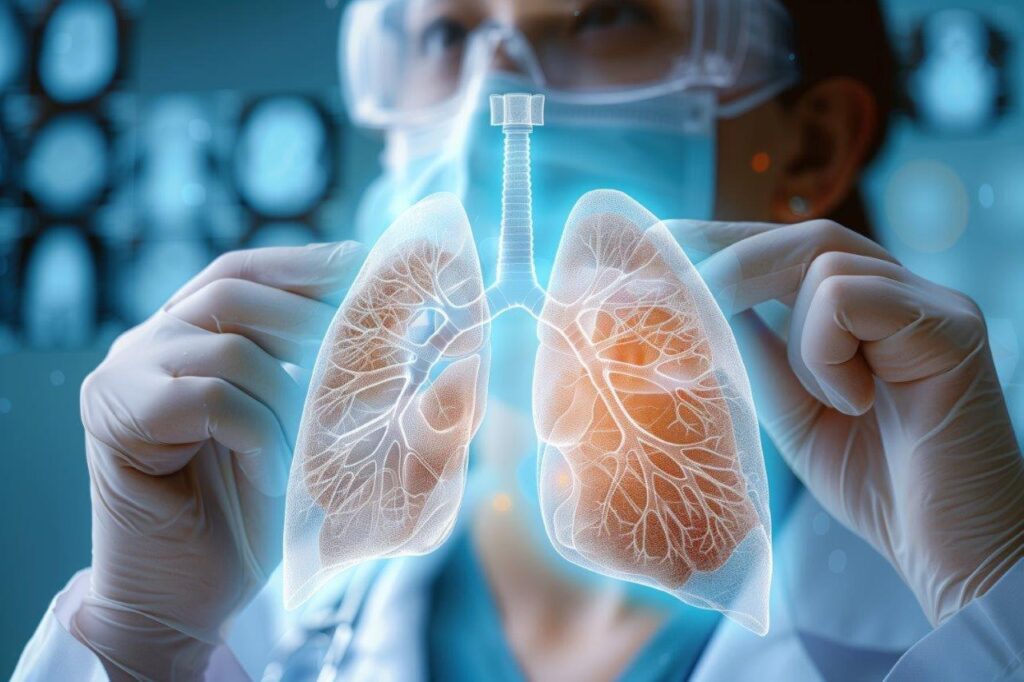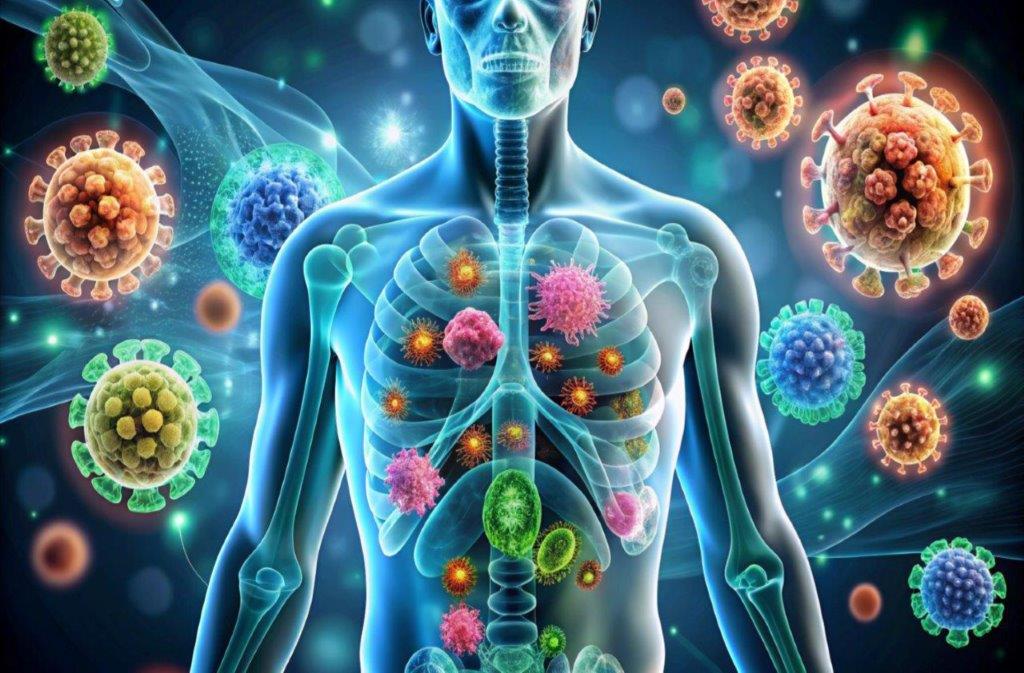Thymus Factor and Immunology
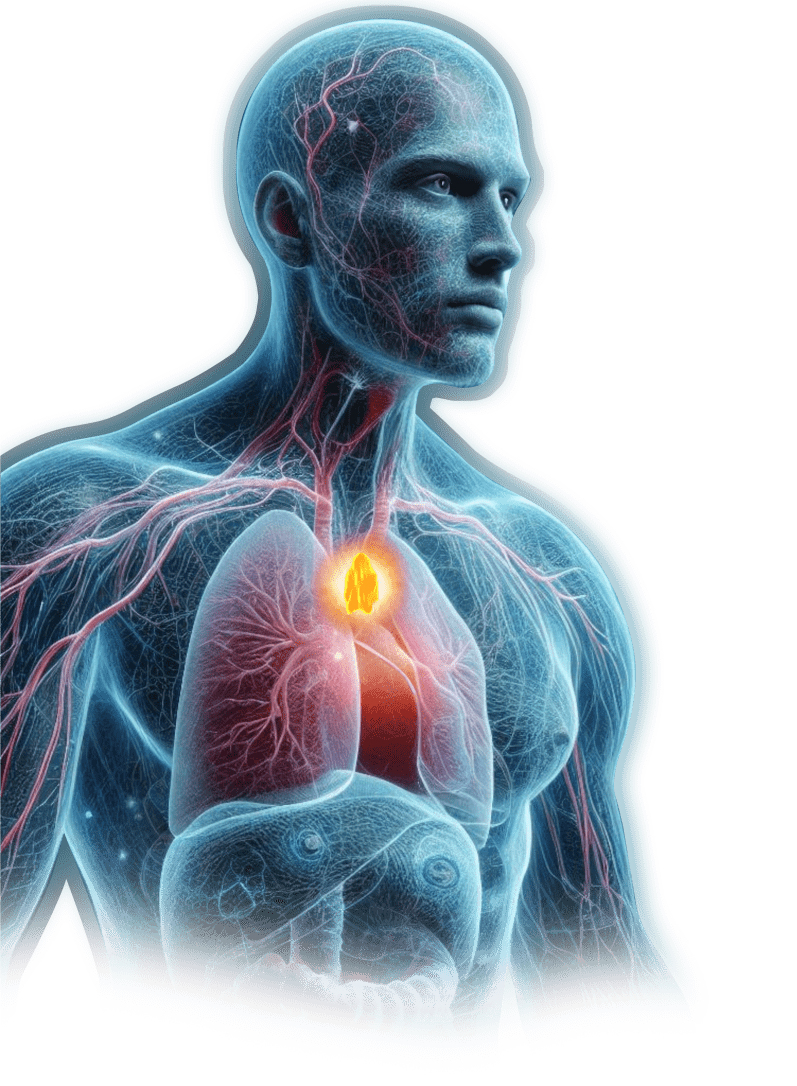
The THYMUS FACTOR supplement is an innovative formula based on a complex composition developed through the latest scientific and technological solutions, combined with knowledge gained from years of experience. The manufacturer of the THYMUS FACTOR supplement is also responsible for the TFX® medication, which contains biologically active peptides isolated from carefully selected thymuses, meeting high medical standards in terms of quality and safety. TFX® has proven immunomodulatory effects and is recommended for patients with primary and secondary immunodeficiencies, as well as for cancer patients with a reduced immune response.
THYMUS FACTOR exhibits immunomodulatory effects, replacing the function of the thymus, which is essential for proper immune system function. Long-term use of this supplement has shown a beneficial impact on diseases associated with immunodeficiency—research has shown the presence of Thymosin alpha 1 and Thymosin Beta 4 in the thymus. The thymus plays an integrative role in the interaction of the nervous, hormonal, and immune systems.
Our thymus-based preparations are the result of Polish biotechnological innovation and represent 35 years of clinical research on thymus-derived preparations.
Summary of our team’s research findings on the effects of various thymus preparations:
The effects of different thymus preparations were evaluated on 3T3 fibroblast cells using the CellTiter Glo viability assay. Cells were incubated on a 96-well plate, and measurements were taken after 24 and 48 hours. Results were normalized against the untreated control. Three thymus preparations showed no toxicity at two high concentrations. The experiments will be repeated using lower concentrations of the preparations.
Splenocytes were isolated from 8-week-old mice, and the effects of thymus preparations on their viability were assessed using the CellTiter Glo 2.0 assay. No toxic effects were observed.
Thymocytes, isolated from 8-week-old mice, were incubated in various concentrations of the thymus preparation in culture medium for 24 hours. Hydrocortisone was then added at a concentration of 10 μg/ml. After one hour, cells were centrifuged, and the culture medium was discarded to remove hydrocortisone. Fresh medium (with or without the preparation) was added. After 24 hours, cell viability was measured using the CellTiter Glo 2.0 kit. A concentration of 10 μg/ml of the preparation demonstrated a protective effect on the cells.
The thymus preparations showed no toxicity and demonstrated protective effects for the cells.
Thymus preparations showed no toxicity and demonstrated protective effects on cells.
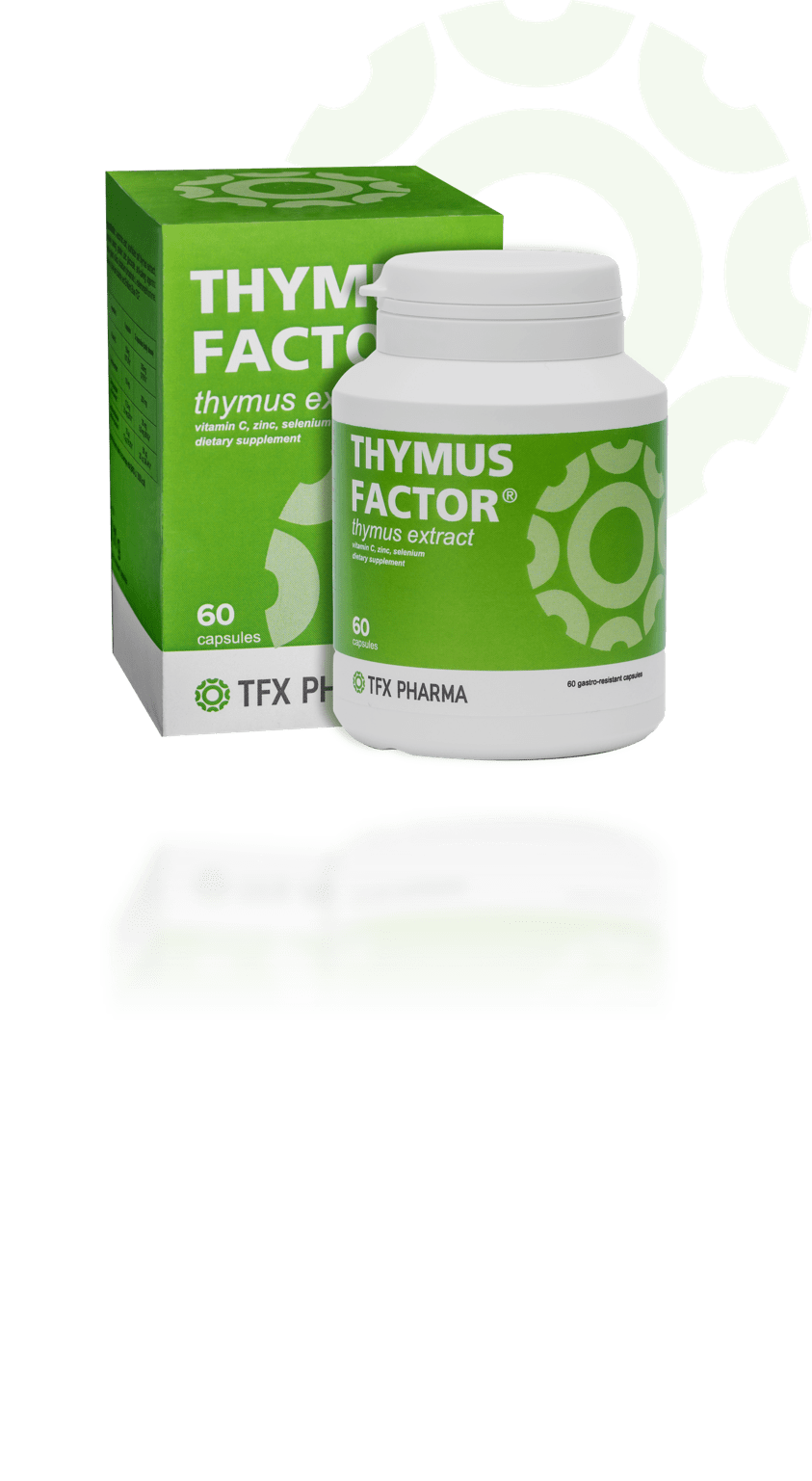
Selected Publications on Thymic Hormones
A group of Chinese researchers retrospectively analyzed the clinical status of patients infected with the SARS-CoV-2 virus. In a study published in Clinical Infectious Diseases, they discovered a significant difference in mortality rates between patients treated with Thymosin Alpha 1 (Tα1) and those not treated with it, with mortality rates of 11% and 30%, respectively.
An article published in May 2022 in the journal Frontiers in Pharmacology describes the impact of calf thymus polypeptides on regulating immune functions dependent on gut microbiota. In the mice studied, there was an increase in proteins and cytokines associated with immunity as well as an increase in T lymphocytes, effectively slowing the growth of colon tumors.
An article published in the journal Expert Opinion on Biological Therapy analyzed the overall survival time after treatment for metastatic melanoma. Patients were treated at various periods between June 2004 and August 2011, and their status was reported as of July 1, 2017. Italian researchers used two types of therapies:
An article published in International Immunopharmacology presented the work of Chinese researchers who analyzed 34 reports on the treatment of malignant pleural effusion using thymic hormones. They found that patients who received thymosins combined with oxaliplatin had better treatment outcomes.
group of Chinese researchers conducted a retrospective analysis of the clinical status of patients infected with the SARS-CoV-2 virus. In a study published in Clinical Infectious Diseases, they discovered a significant difference in mortality rates between patients treated with Thymosin Alpha 1 (Tα1) and those who were not treated with it, showing mortality rates of 11% and 30%, respectively.
Among COVID-19 patients admitted to two hospitals in Wuhan, China, between December 2019 and March 2020, 76 severe cases were tracked, all of whom had been hospitalized for at least 10 days.

